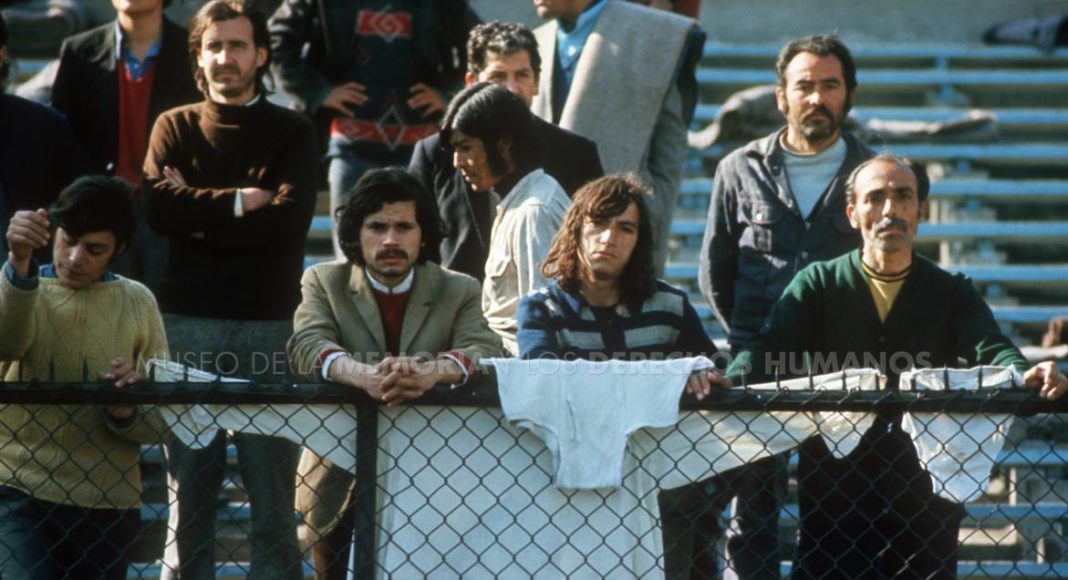Previous article
David Lehmann's Blog

David Lehmann is a senior editor at LAB. A social scientist who has worked all his life on and in Latin America, he writes on subjects including agricultural development, religion and multiculturalism. He has worked in Chile, Ecuador, Mexico and Brazil and has accumulated a wide-ranging knowledge of peoples, histories and ideas over several decades. He is a former director of the Centre of Latin American Studies at the University of Cambridge.
Recent David Lehmann's Blog Posts
- Brazil’s indigenous cultures: fragile or flexible?
- Brazil: Geisel authorized targeted killings
- Brazil: Lula imprisoned
- Chile: Cabros de Mierda
- Argentina: don’t shoot the messenger


